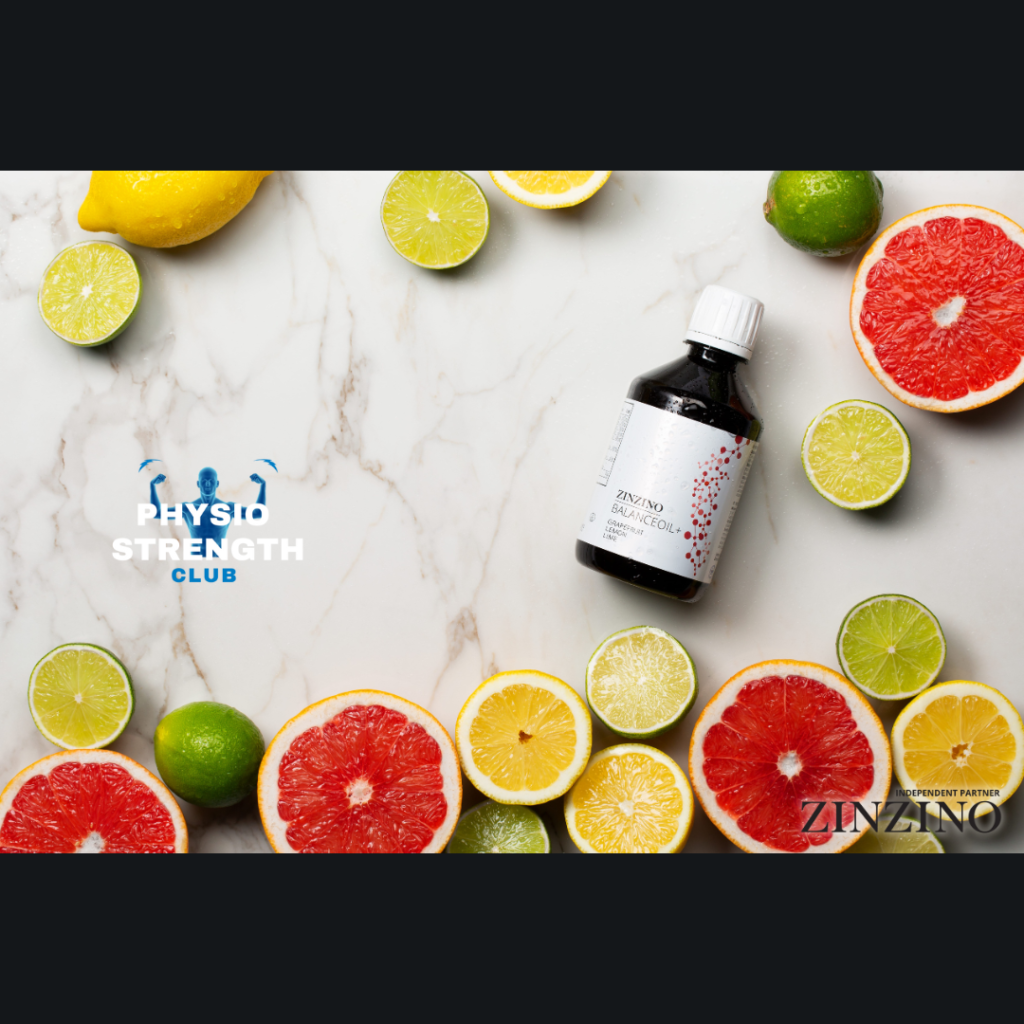Considering the fast-paced lives you lead, the pursuit of optimal health and performance is undoubtedly a relentless journey. Amidst the constant buzz of achievement, let’s pause to delve into a topic that’s swirled around you like the currents of the open sea – fish oil.
Now, before you dismiss it as just another tale from the ocean, let me share a whispered secret from the boardrooms of the biggest fish oil companies. Brace yourself, for they admit – off the record, of course – that their products might not be the majestic elixirs they’re portrayed to be. It’s a business, a thriving one, even if it means emptying oceans, making dubious claims, and leaving hard-earned cash with customers who end up with nothing but indigestion and a false sense of security.

Dive a bit deeper, and the Cochrane Collaboration, armed with a formidable arsenal of investigative tools, reveals a rather lacklustre performance of omega-3 HUFA’s in numerous health indications. From psoriasis to cognitive decline, their effects seem as elusive as the mythical sea creatures. Even in the realm of heart health, where many of you turn to fish oil, the data is mired in conflicting narratives.
Now, hold onto your captain’s hat, because here comes the twist in the tale – the secondary bioavailability, the real key to unlocking the potential of omega-3s. It’s not just about getting them into your bloodstream, that’s the easy part. The real magic happens when these essential fatty acids become precursors for pro-resolving resolvins, maresins, and protectins, creating an anti-inflammatory symphony within your cell membranes.
Surprisingly, fish oil doesn’t quite hit the right notes in this orchestra. But fear not, for there’s a hero hidden in the deep – a lipophilic polyphenol named phlorotannin. Found in abundance in oily fish but conspicuously absent in commercial fish oils, phlorotannin acts as a chaperone, guiding omega-3s through the intricate pathways of the inflammatory cascade.
In a colossal library of dried blood spot samples, the evidence is as clear as the North Star – those who consume fish oil have pro-inflammatory configurations, while fish-eaters boast anti-inflammatory profiles. The missing link? Phlorotannin.
So, before you sail further into the murky waters of fish oil supplements, consider this: not all fish oils are created equal. Commercial fish oils may be missing the crucial phlorotannin element, rendering them less effective. The solution? Seek out oils enriched with pre-dissolved lipid-soluble polyphenols, like those from olive, as found in products such as Balance Oil.
In this sea of health and performance optimisation, where the waves of information can be overwhelming, perhaps it’s time to set sail with a newfound understanding. Balance Oil, unlike traditional fish oil, aligns more closely with the liquid essence of oily fish, providing a harmonious blend of omega-3s and phlorotannins.

As you navigate the intricate waters of cardiovascular health, remember, the combination of omega-3 HUFA’s and polyphenols may hold the key to success – a synergy that transcends the limitations of fish oil alone. No prescriptions needed, just a strategic blend that resonates with your body’s needs.
In the grand tapestry of health, where skepticism may linger like a persistent tide, know this – when skeptics dub Balance Oil as snake oil, they might unknowingly be closer to the truth than they think. The ancient remedy of snake oil, derived from water snakes dwelling in cool waters, held the essence of EPA and phlorotannins, much like the well-designed fish oil products of today.
So, as you navigate the uncharted waters of health and well-being, consider the hidden symphony within Balance Oil, a composition that echoes the natural harmony of the seas and promises a journey towards optimal health and performance, tailored for high achievers like yourself. Smooth sailing! ⚓🌊

